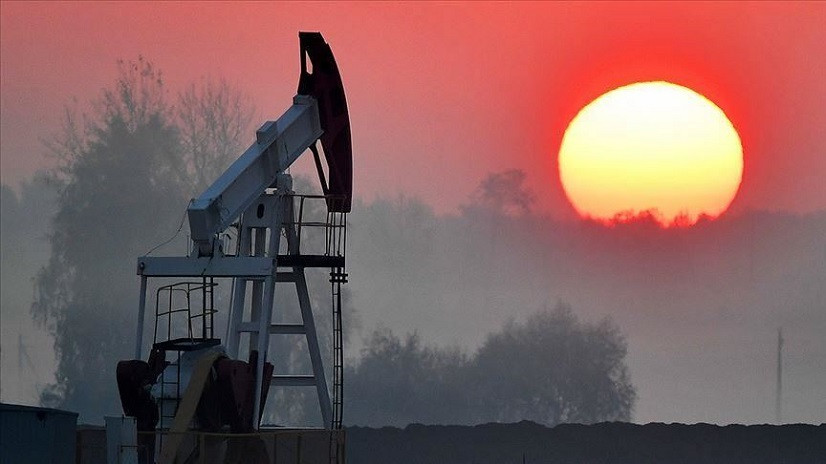We should already admit that the era of continuous oil consumption is already in the past. According to a report from BP released on September 14, global demand for black gold may never return to pre-crisis levels. And this is the first large energy company that predicts the end of the era, although according to numerous forecasts, this period should continue for at least another 10 years.

Ideally, global demand for oil should remain stable for another 20 years. However, this is only possible if the energy market changes, aimed at phasing out fossil fuels.
In general, forecasts of the largest energy companies and OPEC ministers regarding oil demand come down to the fact that further growth is expected for more than a decade, since oil is the only source of energy that can meet the needs of the growing world population and the growing middle class. In this regard, BP's statement sounds very loud. However, why did the British company suddenly made a warning? This is because the experts from BP are sure that oil will inevitably lose in a collision with competitors. And with such a pessimistic attitude, the company has taken bold steps to align its business with the goals of the Paris Climate Agreement. Bernard Looney, head of BP, announced last August that his company would lessen the production of oil and gas by 40% in the next 10 years. Moreover, BP is going to invest $5 billion every year to create one of the world's largest renewable energy businesses.
While discussing the possibility of not returning to the previous level of oil consumption, BP experts identify three scenarios for the development of events until 2050. The first of them was named "All other things being equal" and says: the world oil consumption within 30 years will remain at the same levels as at present. The second scenario was named "Fast" and predicts world oil consumption in the next 30 years will be reduced by about half. The third scenario, called "Net Zero Emissions," predicts that global oil consumption will decline by almost 80% over the next 30 years.
There is no doubt that the COVID-19 pandemic largely determined such a sharp drop in global energy demand. After the quarantine was lifted, oil consumption was expected to increase, as well as its prices. But in the current situation, when there is no coronavirus vaccine, the future of the commodity market is very ambiguous.
Moreover, various long-term changes in the way of life of the population, including people shifting work into a remote one, inevitably affect economic activity and the well-being of the developing world All of this can eventually change the demand for fossil fuels.
 English
English 
 Русский
Русский Bahasa Indonesia
Bahasa Indonesia Bahasa Malay
Bahasa Malay ไทย
ไทย Español
Español Deutsch
Deutsch Български
Български Français
Français Tiếng Việt
Tiếng Việt 中文
中文 বাংলা
বাংলা हिन्दी
हिन्दी Čeština
Čeština Українська
Українська Română
Română

